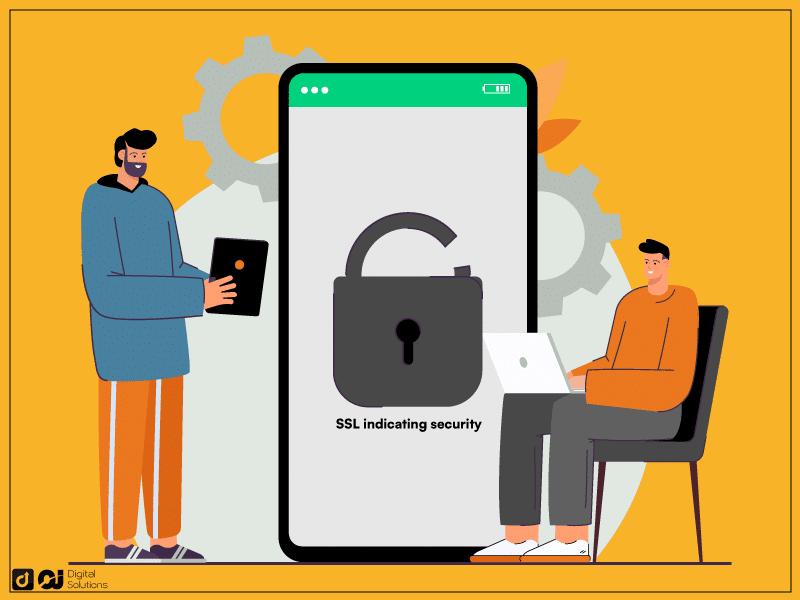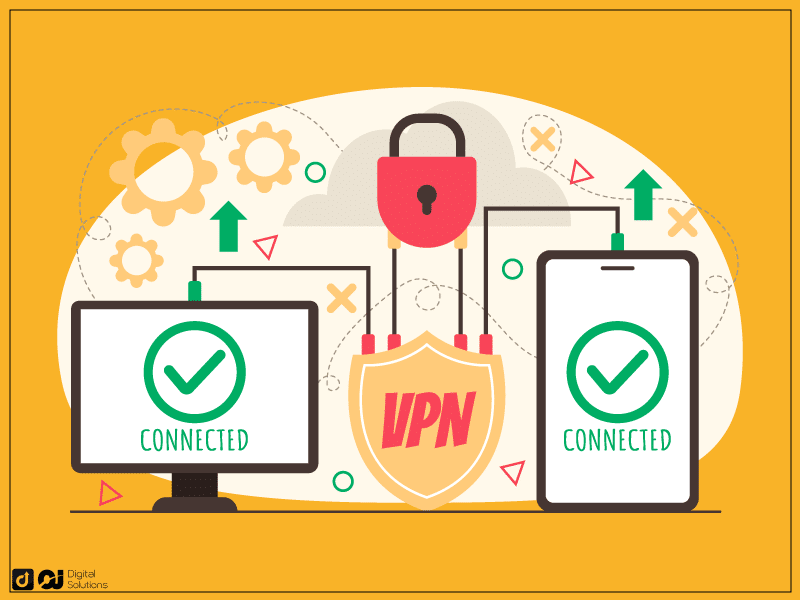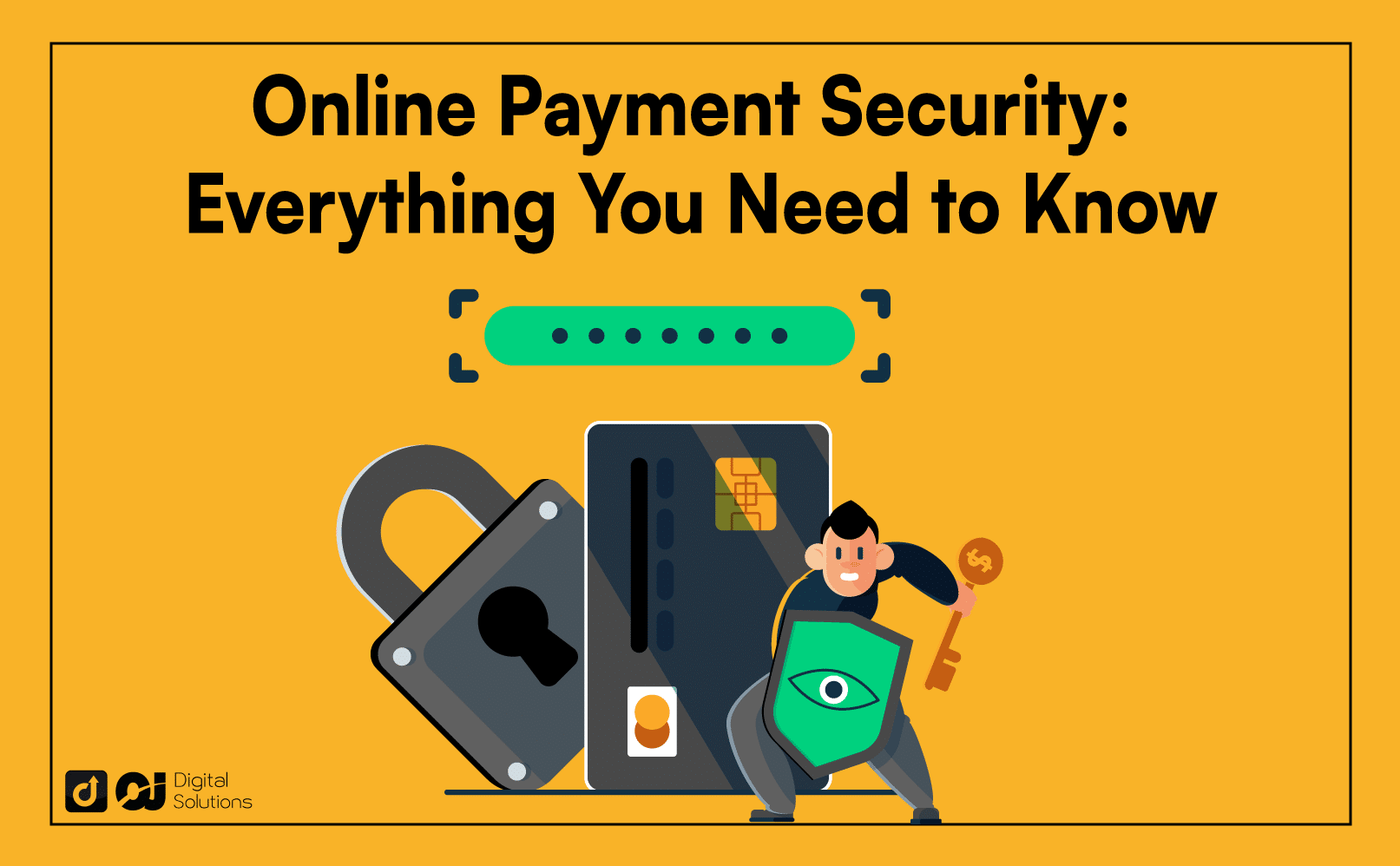In today’s digital age, online payments have become an integral part of our lives. From shopping to bill payments, we rely heavily on electronic transactions.
However, this convenience also brings about risks associated with security breaches and cybercriminal activities.
Therefore, it is essential to know about online payment security to protect ourselves from threats.
In this article, we will explore the various aspects of online payment security, including the importance, types of security measures, and best practices to safeguard your financial information.
By understanding the essentials of online payment security, you can protect yourself from potential fraud and enjoy secure transactions.
Importance of Online Payment Security
Online payment security is of paramount importance to ensure the confidentiality, integrity, and availability of sensitive financial information.
The significance of online payment security can be summarized as follows:
- Protecting Personal and Financial Data: Online payment security measures safeguard your personal and financial data from unauthorized access and potential misuse.
- Preventing Identity Theft: Robust security measures mitigate identity theft risk, ensuring that your personal information remains confidential.
- Building Trust: When users feel secure during online transactions, it enhances their trust in the platform or merchant, leading to increased customer satisfaction and loyalty.
- Mitigating Financial Loss: Strong security measures help prevent fraudulent activities, reducing the risk of financial loss due to unauthorized transactions.
Types of Online Payment Security
To ensure secure online payments, several types of security measures are implemented.
Let’s explore some of the key ones:
Encryption and Secure Socket Layer (SSL)

Encryption is a fundamental security measure that converts sensitive data into an unreadable format, making it challenging for hackers to decipher.
Secure Socket Layer (SSL) is a commonly used encryption protocol that establishes an encrypted connection between a web server and a user’s browser, ensuring the confidentiality of transmitted information.
When building your site, your hosting could be providing SSL included in your package. If not, you can install a cheap SSL certificate.
Tokenization
Tokenization is a process that replaces sensitive data, such as credit card numbers, with a unique identifier called a token.
The token is used for transactions, while the actual data remains securely stored by the payment service provider.
Tokenization minimizes the risk of exposing sensitive information during transactions.
Two-Factor Authentication (2FA)
Two-Factor Authentication adds an extra layer of security by requiring users to provide two forms of identification before accessing their accounts.
This commonly involves a combination of something the user knows (such as a password) and something the user possesses (such as a one-time verification code sent to their mobile device).
Biometric Authentication
Biometric authentication utilizes unique physical or behavioral characteristics, such as fingerprints or facial recognition, to verify a user’s identity.
This form of authentication provides a high level of security, as biometric data is difficult to replicate.
Virtual Private Networks (VPNs)

Virtual Private Networks (VPNs) create a secure connection between a user’s device and the internet, encrypting all data transmitted.
By using a VPN, online payment transactions can be conducted safely, even when connected to public Wi-Fi networks.
Secure Payment Gateways
Secure payment gateways act as intermediaries between the customer, the merchant, and the financial institutions, ensuring that sensitive payment information is transmitted securely.
These gateways employ encryption and other security measures to safeguard the transaction data.
Best Practices for Online Payment Security
To enhance your online payment security, it is essential to follow best practices. Here are some recommendations:
- Regularly Update Software and Devices – Keep your devices and software up to date with the latest security patches and updates to protect against known vulnerabilities.
- Avoid Suspicious Websites and Links – Be cautious while visiting websites or clicking on links. Stick to reputable sources and avoid clicking on suspicious or unsolicited links.
- Be Cautious with Personal Information – Only provide your personal and financial information on trusted and secure websites. Avoid sharing sensitive information over unsecured connections or with unverified sources.
- Monitor Your Accounts Regularly – Keep a close eye on your bank statements, credit card bills, and online payment accounts. Report any suspicious activity immediately to your financial institution.
FAQs
How Can I Ensure the Security of my Online Payments?
To ensure the security of your online payments, follow these steps:
- Use secure and reputable payment gateways.
- Enable two-factor authentication whenever possible.
- Keep your devices and software up to date.
- Avoid sharing sensitive information on unsecured websites or with unverified sources.
- Monitor your accounts regularly for any suspicious activity.
What Should I Do if I Suspect Fraudulent Activity on my Online Payment Account?
If you suspect fraudulent activity on your online payment account, immediately contact your financial institution or the customer support of the payment service provider. They will guide you through the necessary steps to secure your account and investigate the issue.
Are Mobile Payment Apps Secure for Online Transactions?
Mobile payment apps can be secure for online transactions if they employ strong security measures such as encryption, biometric authentication, and secure payment gateways. Ensure you download apps from reputable sources and regularly update them to benefit from the latest security enhancements.
How Can I Protect my Online Payment Information when Using Public Wi-Fi Networks?
When using public Wi-Fi networks, it is crucial to employ a Virtual Private Network (VPN) to encrypt your data and establish a secure connection. A VPN adds an extra layer of security, making it significantly more challenging for hackers to intercept your online payment information.
Is it Safe to Save My Payment Information on Online Platforms?
Saving your payment information on reputable and secure online platforms can be safe.
However, it is essential to ensure that the platform employs strong security measures such as encryption and tokenization. Regularly monitor your saved payment methods and report any suspicious activity immediately.
Bottom Line
Online payment security is vital to protect your personal and financial information from potential threats and fraud.
By understanding the various security measures and implementing best practices, you can enjoy secure online transactions and minimize the risks associated with electronic payments.
Stay informed, stay vigilant, and prioritize your online payment security to safeguard your digital financial world.




